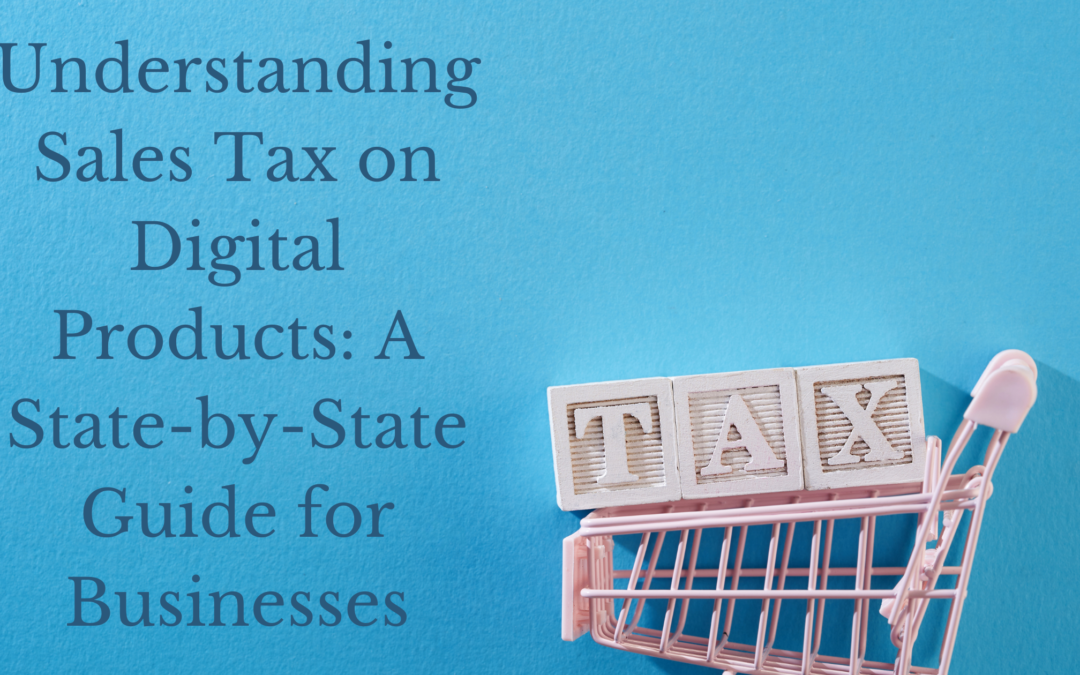Navigating the complexities of digital goods taxability is essential for businesses. This blog highlights that tax rules vary widely across states regarding digital products such as ebooks, software, and streaming services. Some states tax these products as tangible property, while others exempt them due to their intangible nature. Understanding each state’s stance is crucial, as some base taxability on whether a product is taxable in its physical form, while states in the Streamlined Sales and Use Tax Agreement (SST) offer standardized definitions but retain independent tax policies.
- Definitions: States often differ on defining digital goods, so businesses must align with specific legal interpretations in each state.
- Valuation and Exemptions: Some states, like California and Florida, exempt digital goods unless they involve physical components; others, like Washington, tax all digital goods.
- Sourcing Rules: Taxes are generally destination-sourced, though complexities arise in determining user location or billing address, especially for services accessible from multiple locations.
Businesses are advised to consult tax professionals and consider tax automation solutions to ensure compliance, as state laws frequently change and digital products may not fit neatly within older statutes.
Taxes on Digital Products Vary Widely – A State-by-State Guide – CPA Practice Advisor
